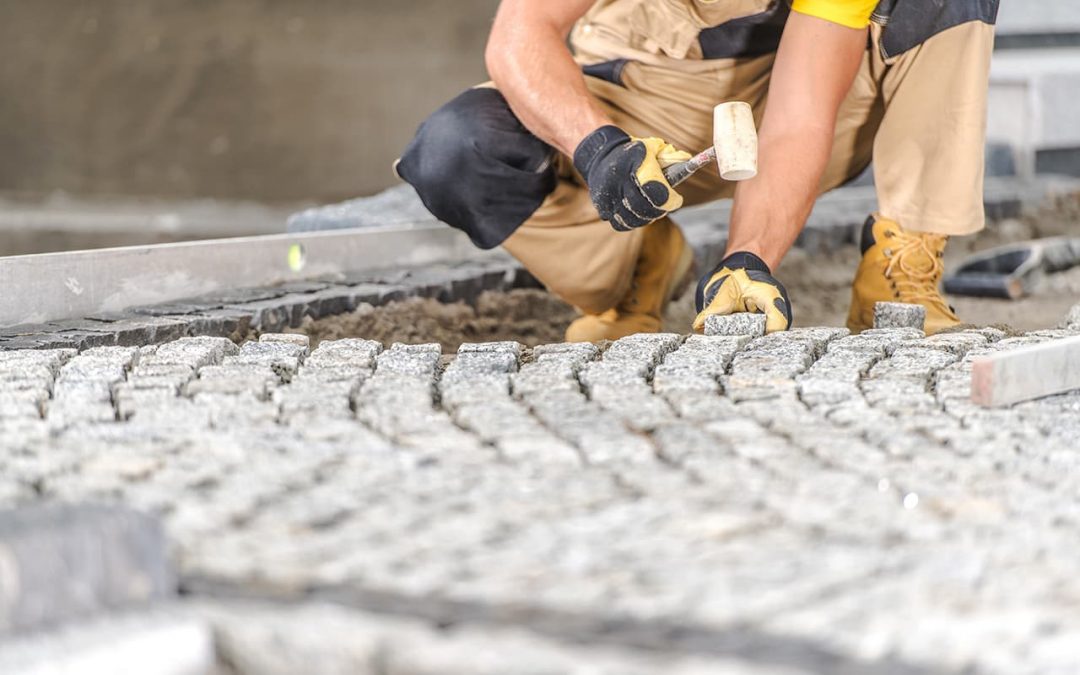The problem of not enough room is about to become history. You’ve decided to invest in a DIY prefabricated metal and steel garage. There’s more than the structure to think about. Don’t forget to give some thought to the driveway.
Concrete makes an excellent foundation for your garage, but you can – and should – consider options for the driveway. After all, it’s what leads to your new building. Give it some style! Here are some options.
Environmentally Friendly
A growing number of property owners are opting to go with driveways made with porous pavement. Besides the good look, it helps to recharge the groundwater because the driveway allows rain and snowmelt to percolate back into the soil. The porous pavement helps to filter pollutants from the water before it’s returned to the ground.
Cobblestone Pavers
Our buildings cost considerably less than traditional construction, so you might want to consider investing some of the savings into an upgraded driveway. Cobblestone pavers are generally made of granite, which can withstand vehicle traffic. The stone can stand up to weather, and it won’t crack or split – which is a common complaint about cobblestone pavers made of concrete.
Take it to the next level with bluestone pavers. It’s a durable natural stone that can be cut into a variety of shapes and sizes. The deep blue color will ultimately fade to a rich gray was it’s exposed to sun over the years. Don’t let the smooth surface fool you. Bluestone pavers make for a non-slip driveway.
Asphalt
It’s less expensive than a solid concrete driveway, but a quality asphalt installation can be just as durable if you commit to resealing it every few years. It’s a petroleum product, so asphalt is flexible and less prone to cracking than concrete. This can be an important consideration if you live in an area with loose soil or subsidence.
Most asphalt driveways should last up to 20 years, which is only about 10 years less than a concrete driveway. The shorter lifespan might be worth it for you. Most asphalt driveways cost half as much as a comparable concrete driveway.
General Considerations
Driveways should be neither too flat, nor too steep. A general rule of thumb is a gentle 15 percent grade. This will help the water to run off. You’ll want to reserve at least 10 to 12 feet for the width, with a few additional feet for curves. Curved driveways reward an additional element of style, and they can help line up your garage doors with the access point from the street.
Check out our current garage building special offer.



